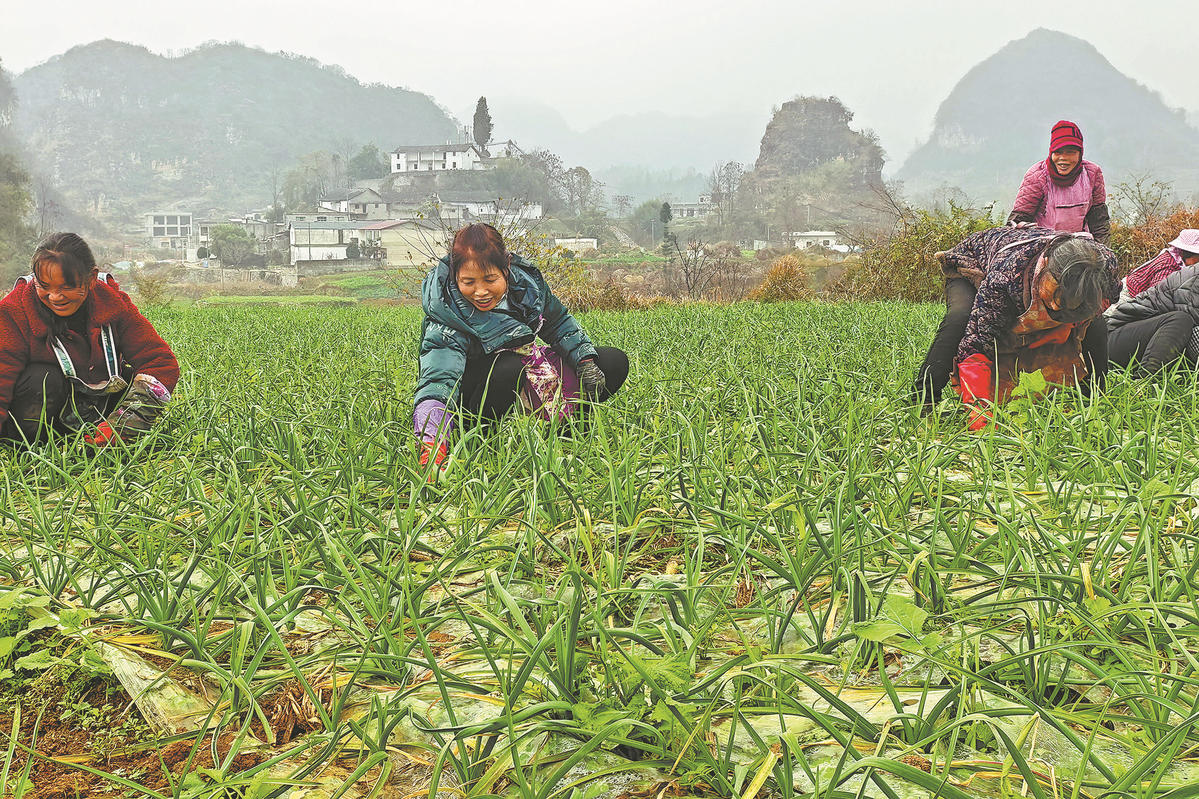Shui On highlights property quality as real estate sector enters 'new stage'


China's property market is entering a phase of rational development, and property firms that consistently pursue quality will get more opportunities in the long run, said the top executive of Shui On Land Ltd.
"The country's real estate market has passed the phase of accelerated development that was synonymous with high leverage, debt and turnover, and is now entering a new stage that requires developers to offer higher-quality products and lifestyles to consumers," said Wang Ying, CEO of Shui On.
As market adjustments roll in, demand and confidence will be restored gradually, and the abundant policy measures rolled out by both the central as well as local governments will ensure the rational and healthy development of the market, Wang said.
She said that any recovery in the post-COVID-19 era will take time due to the complex political and economic environment across the world, "but we always believe the growth momentum is still there, and we are extremely confident about the future development in China and, Shanghai, in particular".
"China is still a good place (for development), considering its population, economic growth speed, and wealth accumulation," she added.
According to McKinsey Global Institute's latest report on the COVID-19 pandemic's lingering impact on real estate, residential demand in Beijing and Shanghai is projected to rise in both urban areas and suburbs by 2030.
In Beijing, for example, growth prospects will be driven by a number of factors, including the fact that more families are having more than one child and consumers prefer more comfortable and spacious homes, said Wang Qin, associate partner of McKinsey & Co.
According to Shui On's Wang, there have been impressive developments in the residential, retail and office sectors in the past three to four decades, but as urban development continues, especially after a city's urbanization rate surpasses 60 percent, there will be a growing need for small-scale urban regeneration, especially in downtown areas.
China's urbanization rate reached 65.2 percent by the end of 2022, according to the National Bureau of Statistics, and experts say this is likely to rise further in the coming years.
"As long as cities exist and continuously grow and develop, there is a constant requirement for urban renovation. But the models and methodologies for urban regeneration can be a little different as cities go through different phases of development," Wang added.
Shui On has in the past gained much experience in urban renovation, which has put it in a better position to participate in such projects in future, Wang said.
"For every project and opportunity we seize, priorities will be placed out of consideration including reshaping regional urban functions, optimization of urban structure, improvement of people's consumption patterns, and promoting social and economic development," she added.
Hong Shou Fang in Shanghai's Putuo district is the latest example of urban renovation taking place in the city center on a small scale.
The 88,000 square meter (in terms of gross floor area) project consists of two office buildings and 15,000 sq m of retail space.
With a history that can be traced back to 1933, the Hong Shou Fang project aims to evoke people's memories of the local culture — the culture of lilong (which literally means lanes and alleys) neighborhoods — in order to create an exquisite life and living experience, Wang said.
"We are creating a round-the-clock consumption venue and have stores open as early as 6 am, and places that stay up for business as late as 2 am," Wang said, adding that, in the meantime, the local population will have an enriched experience through the immersive cultural and consumption experience offered from time to time.
The nation's development strategies ensure that opportunities in the real estate sector lie in city clusters, such as the Guangdong-Hong Kong-Macao Greater Bay Area. Shui On will continue to focus on first-tier and top second-tier cities, including those in the GBA, and better participate in the development of these areas, she said.




































